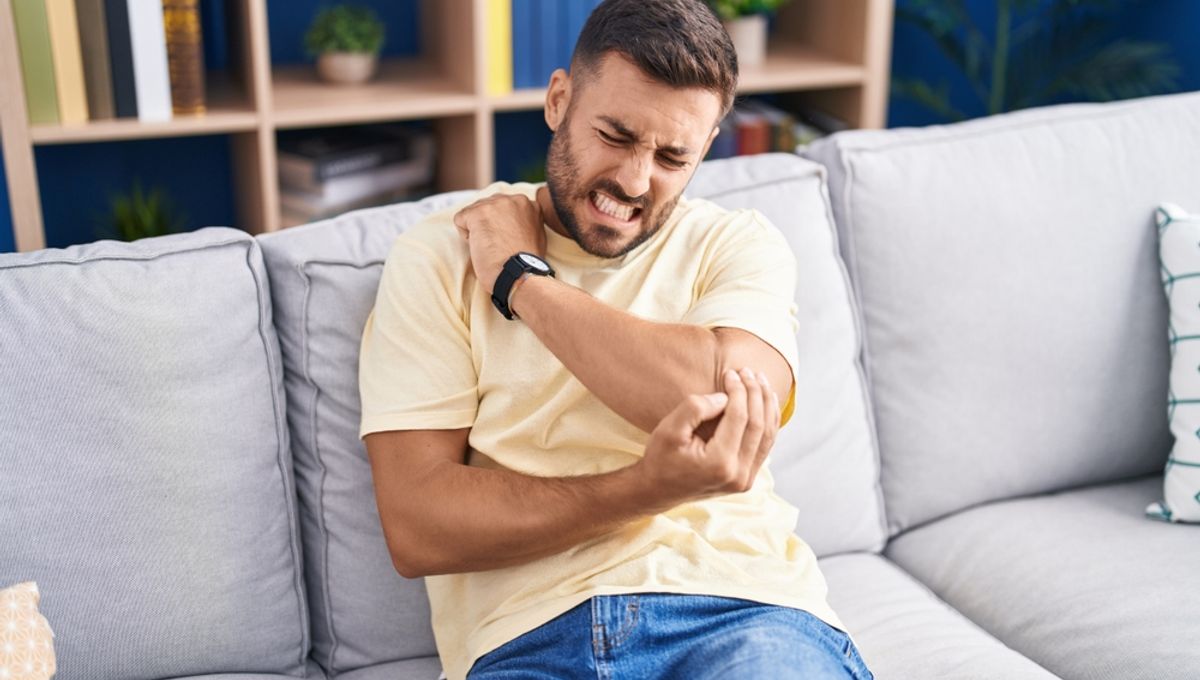
A study has contradicted a prevalent belief that people on the autism spectrum are “indifferent to pain”, by finding that these individuals may actually experience pain more intensely than neurotypical people. The research team hopes that the results will lead to better pain treatment for autistic people.
It is very common for autistic people to experience some form of sensory processing disorder. The brain is constantly receiving information and signals via sound, touch, sight, smell – all of the senses. For some people, including those not on the autism spectrum, this sensory information is not processed appropriately by the central nervous system. People can become under- or oversensitive to certain stimuli – for instance, people with misophonia find particular repetitive sounds, such as loud chewing, unbearable.
The authors of this new study have previously investigated the effect of sensory processing differences on pain perception in otherwise neurotypical people. “We found that these people suffer from pain more than those without sensory modulation dysfunction,” said co-lead author Dr. Tami Bar-Shalita, of Tel Aviv University, in a statement.
“Since it is known that sensory modulation dysfunction occurs in people with autism at a rate of 70-90 percent, it constitutes a criterion for diagnosing autism, and is associated with its severity. We were interested in exploring pain perception in autism, so we asked: do people with autism hurt more than the general population?”
According to the researchers, there has been a belief that autistic people may somehow be “indifferent” to pain, that they may “hurt less” than the general population. The team believed that this was a misconception.
Fifty-two autistic adults, as well as a group of neurotypical control subjects, were recruited for the research, the largest reported sample for a study of this kind to date. The participants were asked questions about their sensitivity to pain and other sensory responses, and about their psychological health. They were also exposed to painful stimuli in the form of heat and cold under controlled experimental conditions.
The results demonstrated that the people on the autism spectrum experienced pain more intensely than their neurotypical counterparts, and that their ability to adjust to painful stimuli over time was impaired.
As Dr. Bar-Shalita summarized: “The results of our study indicate that in most cases, the sensitivity to pain of people with autism is actually higher than that of most of the population, while at the same time they are unsuccessful at effectively suppressing painful stimuli.”
Notably, the researchers pointed out that this hypersensitivity to pain may also apply to autistic people who are unable to communicate their pain effectively to their caregivers, which could have important implications for their access to appropriate medical care.
“We hope that our findings will benefit the professionals and practitioners handling this population and contribute to the advancement of personalized treatment,” concluded Dr. Bar-Shalita.
The study is published in the journal PAIN.
Source Link: Autistic People May Feel Pain More Strongly Than Neurotypicals, Study Finds